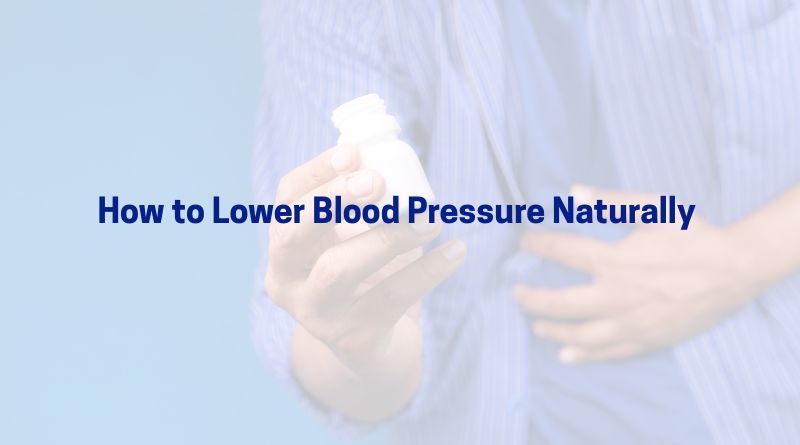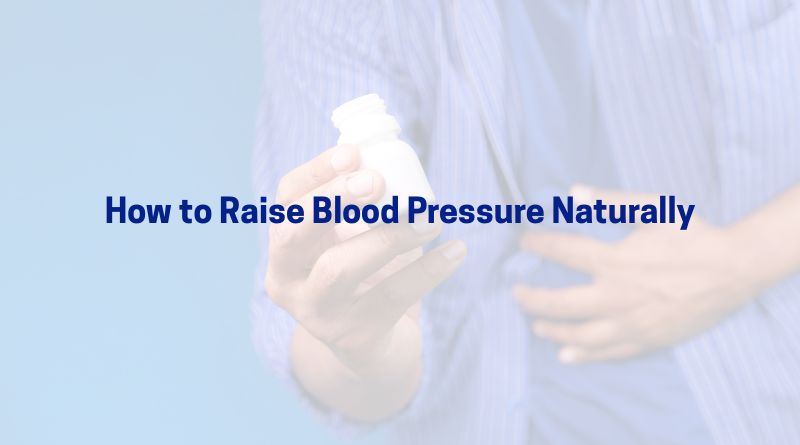Vitamins & Multivitamins Men Need After 30


As men enter their 30s, the body’s nutritional requirements start to shift. Vitamin and multivitamin needs become more important due to changes in metabolism, hormone levels, and lifestyle habits. Meeting these needs through diet alone can be challenging, which is why supplements may help bridge the gap. In this blog, we’ll explore which vitamins matter most for men over 30, how multivitamins can help, and what to keep in mind when choosing one.
Why Is Vitamin and Multivitamin Need After 30 for Men Important?
After 30, men may begin to experience reduced energy, slower metabolism, and decreased muscle mass. These changes can be linked to nutritional deficiencies or increased demand for certain vitamins. Supplements can support heart health, immunity, bone strength, and mental focus—areas that commonly start to decline in the 30s.
Which Essential Vitamins Do Men Need After 30?
- Vitamin D – Supports bone health, testosterone levels, and immune function. Deficiency is common due to limited sun exposure.
- Vitamin B12 – Crucial for energy, red blood cell production, and neurological health.
- Vitamin C – Boosts immunity, reduces oxidative stress, and supports skin health.
- Vitamin A – Important for vision, immunity, and cell regeneration.
- Vitamin E – Acts as an antioxidant, protecting cells from damage.
- Vitamin K – Supports bone and cardiovascular health.
What Minerals Should Men Over 30 Include in Their Multivitamin?
- Magnesium – Supports muscles, sleep, and heart health.
- Zinc – Boosts testosterone, immunity, and healing.
- Calcium – Important for bone density, especially as bone mass starts to decline.
- Selenium – Protects cells and aids thyroid health.
- Iron – Needed for oxygen transport, although men require less than women.
Recommended Product
Zeegold Strong for Men Cap
Enhances male stamina, vitality, and reproductive health, and supports energy and overall performance.
How Do Multivitamins Help Meet Vitamin Needs After 30 for Men?
A quality multivitamin fills nutritional gaps in your diet. Busy schedules, poor eating habits, and stress make it hard to get everything from food alone. Multivitamins offer a convenient way to support:
- Daily energy levels
- Muscle recovery and performance
- Hormonal balance
- Immune resilience
They're especially useful for men with dietary restrictions, intense physical activity, or high stress.
When Should Men Over 30 Start Taking Multivitamins?
The earlier, the better. Starting in your early 30s helps prevent long-term deficiencies. Consider supplements if you:
- Feel constant fatigue or brain fog
- Have poor eating habits
- Work long hours or do shift work
- Experience frequent colds or infections
- Are trying to maintain muscle and fitness
How to Choose the Right Multivitamin for Men After 30?
- Formulated for men (with adjusted iron and zinc levels)
- Rich in Vitamin D, B-complex, and Magnesium
- Free from unnecessary fillers or mega-doses
- Easy to absorb (look for chelated minerals or bioavailable forms)
Can Lifestyle Impact Vitamin and Multivitamin Need After 30 for Men?
Absolutely. Lifestyle choices play a huge role in nutrient absorption and demand. For example:
- Alcohol and smoking deplete vitamins like C and B-complex
- Stress increases the need for magnesium and B vitamins
- Lack of sleep affects vitamin D levels and immune health
- Exercise increases the demand for antioxidants and protein metabolism support
Are There Any Risks With Taking Multivitamins After 30?
Yes, if taken improperly. Over-supplementation can lead to toxicity, especially with fat-soluble vitamins like A, D, E, and K. It's best to stick to the recommended daily intake and consult a healthcare provider before starting any new supplement.
Frequently Asked Questions
Q. Do all men need multivitamins after 30?
A. Not always. If your diet is well-balanced, you may not need one. But most men benefit from targeted supplementation.
Q. Can I take multivitamins on an empty stomach?
A. Some can cause nausea. It's best to take them with meals to enhance absorption and reduce side effects.
Q. How long should I take multivitamins?
A. They can be taken daily long-term, as part of a healthy routine, unless advised otherwise by a doctor.
Q. Do multivitamins boost testosterone after 30?
A. Some nutrients like zinc and vitamin D support testosterone levels, but multivitamins alone won’t dramatically boost it.
Q. Can multivitamins help with fatigue?
A. Yes, especially if you're deficient in B12, iron, or vitamin D. They support energy metabolism and reduce tiredness.
Conclusion
Vitamin and multivitamin need after 30 for men should not be ignored. As the body ages, nutritional demands shift and deficiencies can quietly impact energy, immunity, and overall well-being. A balanced diet is the first step, but high-quality supplements can provide consistent support. Prioritize your health now to stay strong and active for the years to come.








 Added!
Added!